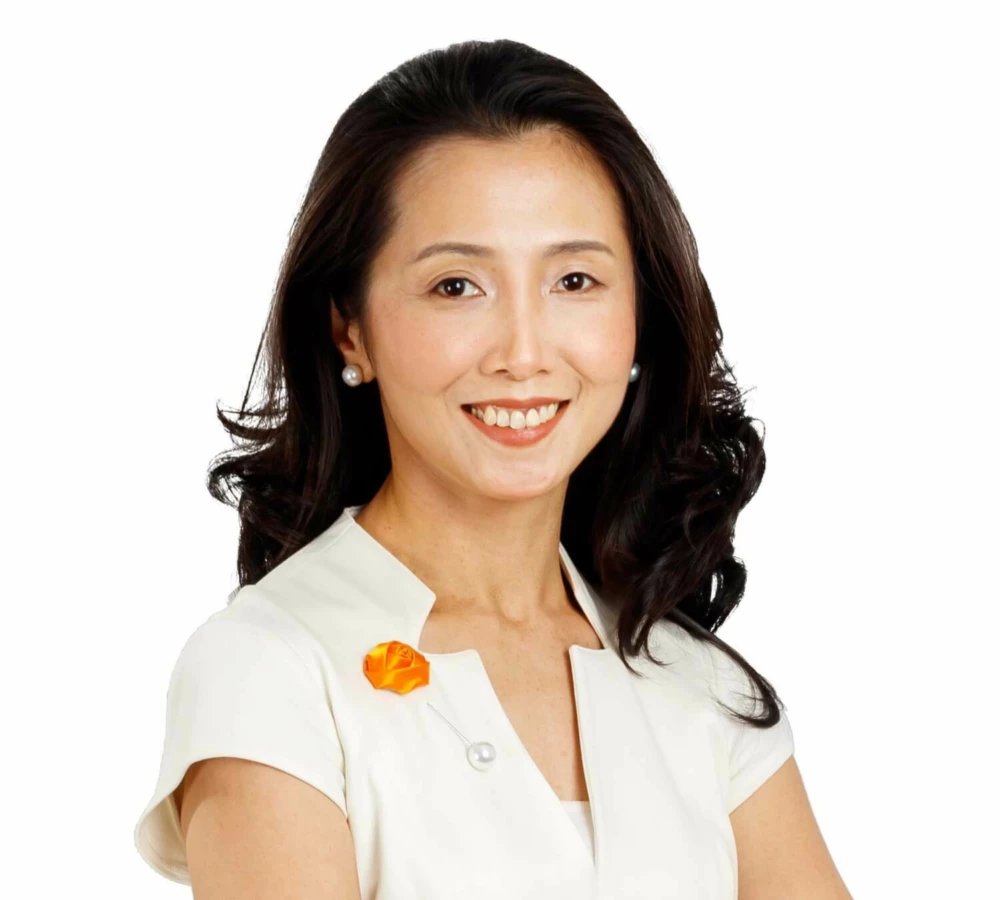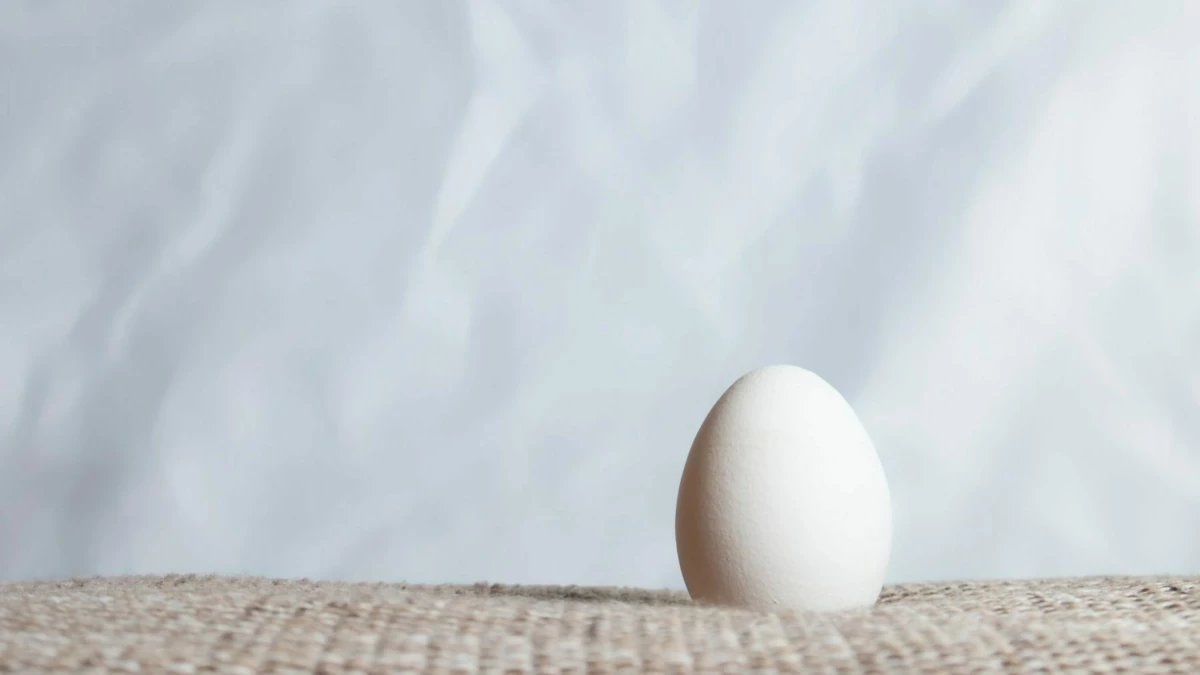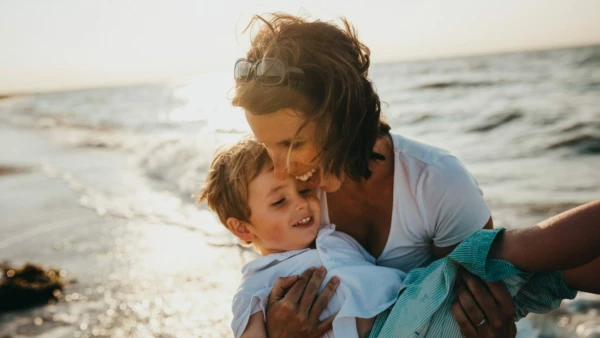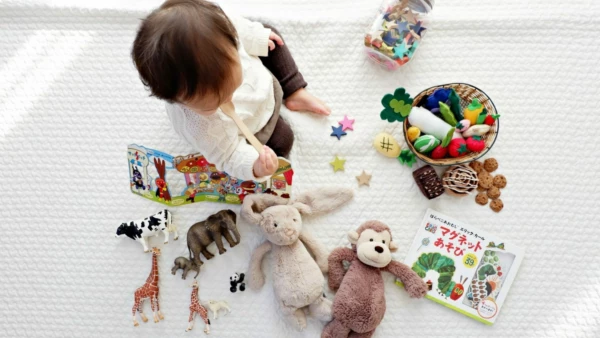A simple and very tolerable process.
Egg freezing involves all steps of an In-Vitro Fertilization (IVF) cycle, up to and including the egg transfer process. A standard procedure does not require hospital admission, repeated blood tests or excessive ultrasound monitoring. Typically, it involves a women consulting a Fertility Specialist in a clinic setting and being educated about how to self-administer hormone injections in the comfort of their own home. Remember, we now know more than we ever have before about IVF and Egg Freezing.
Best age to freeze your eggs is before 35 years old.
As we know, as women grow older, the quantity and quality of eggs depreciates. After the age of 35 years old, a woman might have to undergo multiple cycles in order to harvest enough good quality eggs in order to achieve a pregnancy later in life. Of course, if one does not take into account of other factors, we would encourage a woman to freeze their eggs in their mid to late 20s. The younger the lady, the better her eggs, why not? The reality is, most ladies in their 20s will not have this need in mind. Therefore, 30 to 35 years old is the optimum age where a lady considers egg freezing, and there’s a medical reason to do so.
The 100% survival of your frozen eggs.
Gone are the days where scientists are celebrating the survival of frozen human cell line. With the process of vitrification and thawing, the condition of frozen eggs are now as good as fresh eggs. That said, with any medical procedure, there are risks. Therefore, the risk in egg freezing is the same with any IVF procedure, whereby the risk of abnormality is 0.2% higher than the normal population.
There you have it, the 4 things to consider before you freeze your eggs.
How about quality of eggs?
All these said, AMH does not tell us about the quality of eggs, which is important when it comes to getting pregnant. Fertility is directly related to egg quality, unfortunately there is no test for it. Age is the best predictor as quality declines in a predictable manner with age. The only way to test is to attempt fertilization of the eggs then perform test on the resulted embryos for chromosomal abnormalities. Women in their 20s have mostly (80%) normal eggs, although they too have abnormal ones. Whereas women in their 40s have mostly (80%) abnormal eggs, regardless of how healthy they have been.
To illustrate further, AMH of 7 pmol/L is low for 32 year old but it is within normal range for a 42 year old woman. They may yield similar number of eggs during IVF treatment, but 32 year old will have better chance of success with IVF as the proportion of normal eggs is higher with younger eggs. Our chances at pregnancy is significantly tied to the age of the eggs, which is the basis of the process.
Dr Lim Lei Jun, Fertility Specialist
Women are born with all the eggs that they will ever have. In fact, by the time a female infant is born, still many years from reproductive potential, the number of eggs in her ovaries has already declined by 80% from the peak number of eggs. The number gets even smaller by the time a girl enters puberty and begins to menstruate.
When a woman is trying to conceive, it helps to have regular ovulatory cycles that produces good quality eggs. How does age affect fertility in both men and women, especially that of the women?
Firstly, as women age, the pool of eggs gets smaller and smaller, making it less likely for ovulation to occur regularly, which will lead to irregular cycles and ultimately menopause. Secondly, the process of meiosis (division of reproductive cells) is more prone to errors while we age. This results in lesser quality eggs which is also the reason why older women have higher risk of having a baby with chromosomal abnormality.
To put this into perspective, women’s fertility starts to decline from age of 30, and drops more steeply after the age of 35. This is because women are born with a finite number of eggs, and as she grows older so does the eggs, both in quantity and quality. Most women will be able to conceive naturally and give birth to a healthy baby if they get pregnant by 35.
After 35, the proportion who experience infertility, miscarriage or a problem with the baby increases. Therefore, from a pure biological perspective, it is best to try to start a family before you are 35. On the other hand, men can remain fertile for much longer than women. Even though male fertility also declines with age, it tends to happen more gradually.
When a woman attends a fertility consultation, the fertility specialist will use the ‘3As’ to give an idea of the size of the cohort of follicles.

This article is written by Dr Lim Lei Jun, Consultant OBGYN & Fertility Specialist, based in Sunfert International Fertility Center, Bangsar South.
References
Rotstein, A. (2020). Polycystic ovarian syndrome (PCOS) | McMaster Pathophysiology Review. Retrieved 26 August 2020, from http://www.pathophys.org/pcos/





